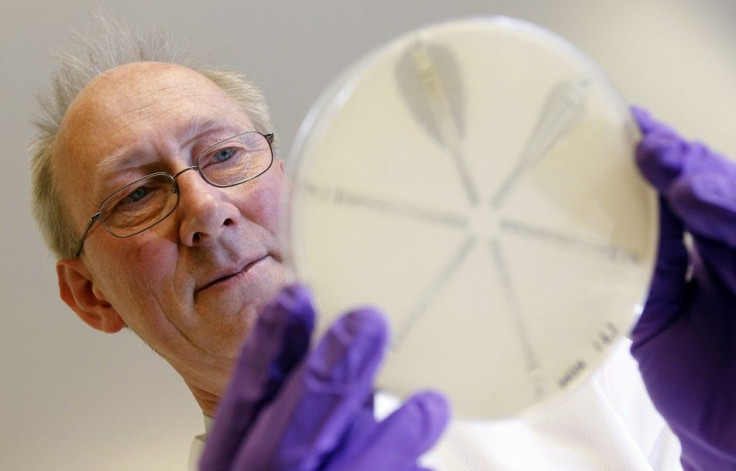The Antibiotic Resistance Crisis: A Lead Cause In Global Deaths
A study published in the medical journal The Lancet, and funded in part by the Bill and Melinda Gates Foundation, found antibiotic-resistant infections are a leading cause of global deaths, though more research is necessary to determine the full scale of the problem.
The study — “Global burden of bacterial antimicrobial resistance in 2019: a systematic analysis” — reveals that there were 3.57 million, or a range between 2.62 and 4.78 million, deaths in 2019 associated with antibiotic resistance. However, there were only 929,000 deaths — or a range between 660,000 and 1,270,000 deaths — in 2019 attributed directly to antibiotic resistance.
Distinguishing between "associated" and "attributed" has to do with whether a person died for multiple reasons or just one. Antibiotics save millions, or potentially billions, of lives every year. However, the heightened use of antibiotics comes with a cost — a cost that the study warns about.
Infections can figure out how to fight against antibiotics and become resistant to those treatments, as if these infections learn from their failures and adapt. The National Center for Biotechnology Information calls it "the antibiotic resistance crisis." Using antibiotics on animals is also perpetuating this crisis, according to the World Health Organization.

The study calls antibiotic-resistant infections “one of the leading public health threats of the 21st century.”
“[Antibiotic resistant infection] is a health problem whose magnitude is at least as large as major diseases such as HIV and malaria, and potentially much larger,” the study reads, highlighting the particular stress placed on low resource setting often located in the global south, specifically sub-Saharan Africa and South Asia.
According to the Centers for Disease Control and Prevention, there are 2.8 million antibiotic-resistant infections a year in the U.S. resulting in 35,000 deaths. Despite younger people's strong immune system to combat illness, antibiotic-resistant infections can affect anyone of any age and at any time. Though most people survive, there can be long-lasting effects from more aggressive treatments.
COVID-19, the CDC says, could also help spur antibiotic resistance among the global population when someone with COVID-19, any of the variants, gets a secondary infection. Patients can be hospitalized for months, not just from COVID-19 — which is not treated with antibiotics — but from an infection with a secondary illness. Resistant infections are more likely to develop at hospitals, which is often an inevitable destination for those with severe and concerning symptoms.
© Copyright IBTimes 2024. All rights reserved.












